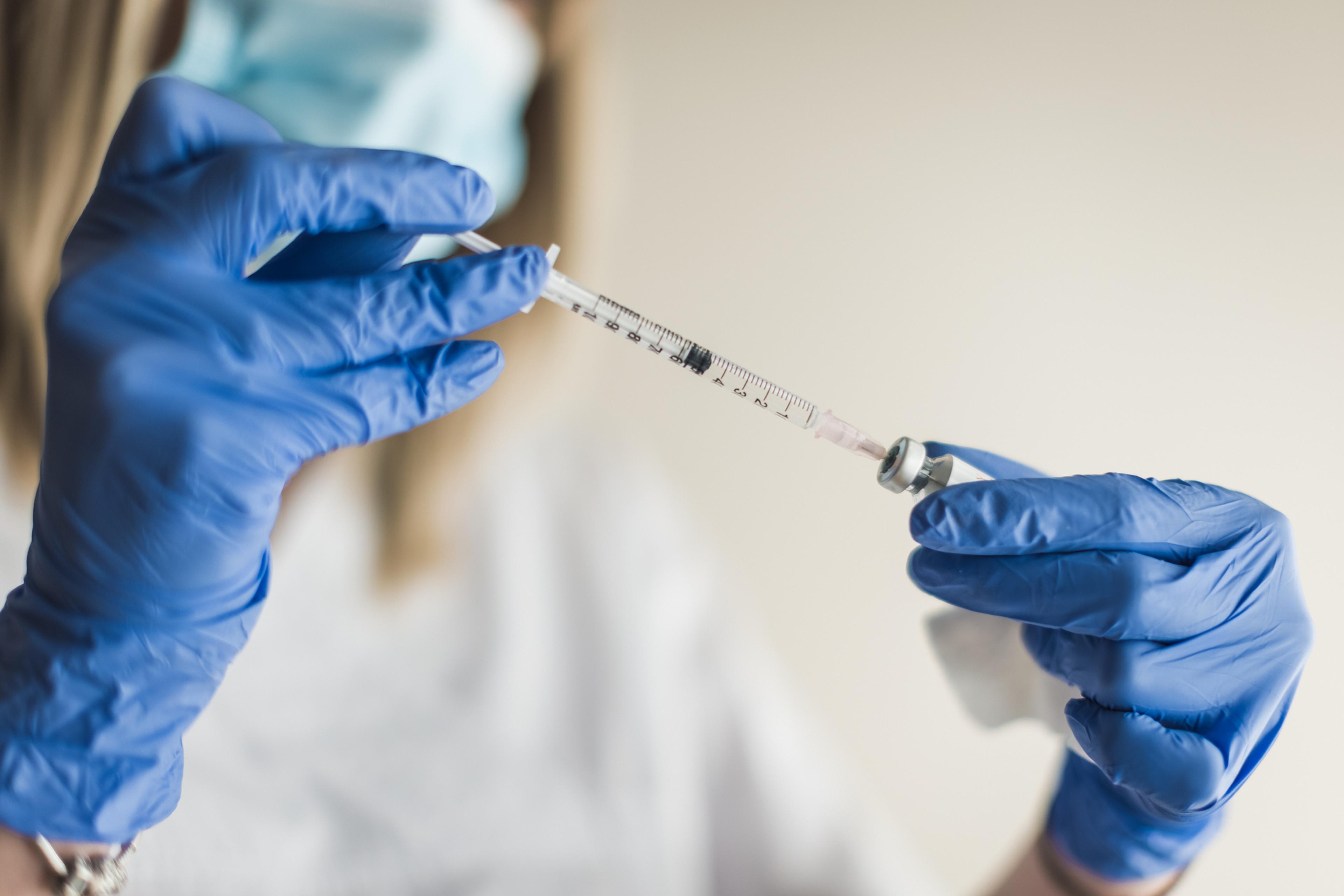What are the New COVID-19 Boosters? Do I Need One?

Jake Newby
| 3 min read
Jake Newby is a brand journalist for Blue Cross Blue Shield of Michigan.

An updated round of booster vaccines could soon help combat a late-summer surge in COVID-19 cases and hospitalizations.
On Monday, the Food and Drug Administration (FDA) approved a vaccine reformulated to target circulating Omicron subvariants. Both Moderna and Pfizer/BioNTech will manufacture the fall booster shots, which will become available soon after receiving the greenlight from the United States Centers for Disease Control and Prevention (CDC) on Tuesday.
Flu season begins in the fall, which also brings an increased risk of RSV cases. That’s why it’s so important to maintain good health this time of year by getting vaccinated.
What to know about the updated COVID-19 booster shots
The new shots are updated to specifically target the XBB coronavirus variants that became dominant last winter. These strains of the virus descended from the original Omicron variant. The new vaccines do not include the original SARS-CoV-2 strain but are rather monovalent vaccines, meaning they contain a single strain.
In June, the FDA asked manufacturers to formulate the fall boosters specifically to target the XBB.1.5 subvariant. At the time, this was the dominant subvariant. According to the CDC, the XBB.1.5 subvariant only accounted for 3% of new COVID cases the week ending Sept. 2. The new vaccine has shown a strong antibody response against BA.2.86, which is another new subvariant that is unofficially known as “Pirola.”
According to the CDC, it’s too soon to see what kind of impact BA.2.86 will have on the United States, but the updated vaccines will be effective at preventing illness and hospitalizations among those vaccinated.
The updated vaccines can be used either as a primary, single-shot vaccine, or as a booster for those previously vaccinated against COVID-19. A third vaccine produced by Novavax is currently under review.
Who is eligible to receive the new booster?
Anyone age 12 and older can receive a single dose of the new booster. The FDA has also granted emergency use authorization for children between the ages of 6 months and 11 years. The CDC signed off on this recommendation, as well.
Children and babies between the ages of 6 months and 4 years who have not been previously vaccinated are eligible to receive:
- Three doses of the updated Pfizer/BioNTech shot
- Two doses of the updated Moderna booster
For previously vaccinated children, the number and timing of new doses depends on their previous vaccinations. Regardless of any prior vaccination, people 5 years and older can receive a single dose of the updated vaccines at least two months after their last dose of a COVID-19 shot.
Like last year, older adults and people who are immunocompromised will be eligible for the two vaccines. For everyone else, the vaccine will be an annual option at the doctor, like the flu. If you are dealing with any underlying conditions, be sure to have a conversation with your primary care provider to make sure the new booster is safe for you.
Photo credit: Getty Images
Continue reading:
- Muskegon Man Finds 'Purpose’ as Suicide Prevention Facilitator Following Suicide Attempt
- Flu Shots for Adults Age 65 and Older: What to Know
- Michigan Woman Living with Sickle Cell Disease Spreads Awareness in Hope of Helping Others





